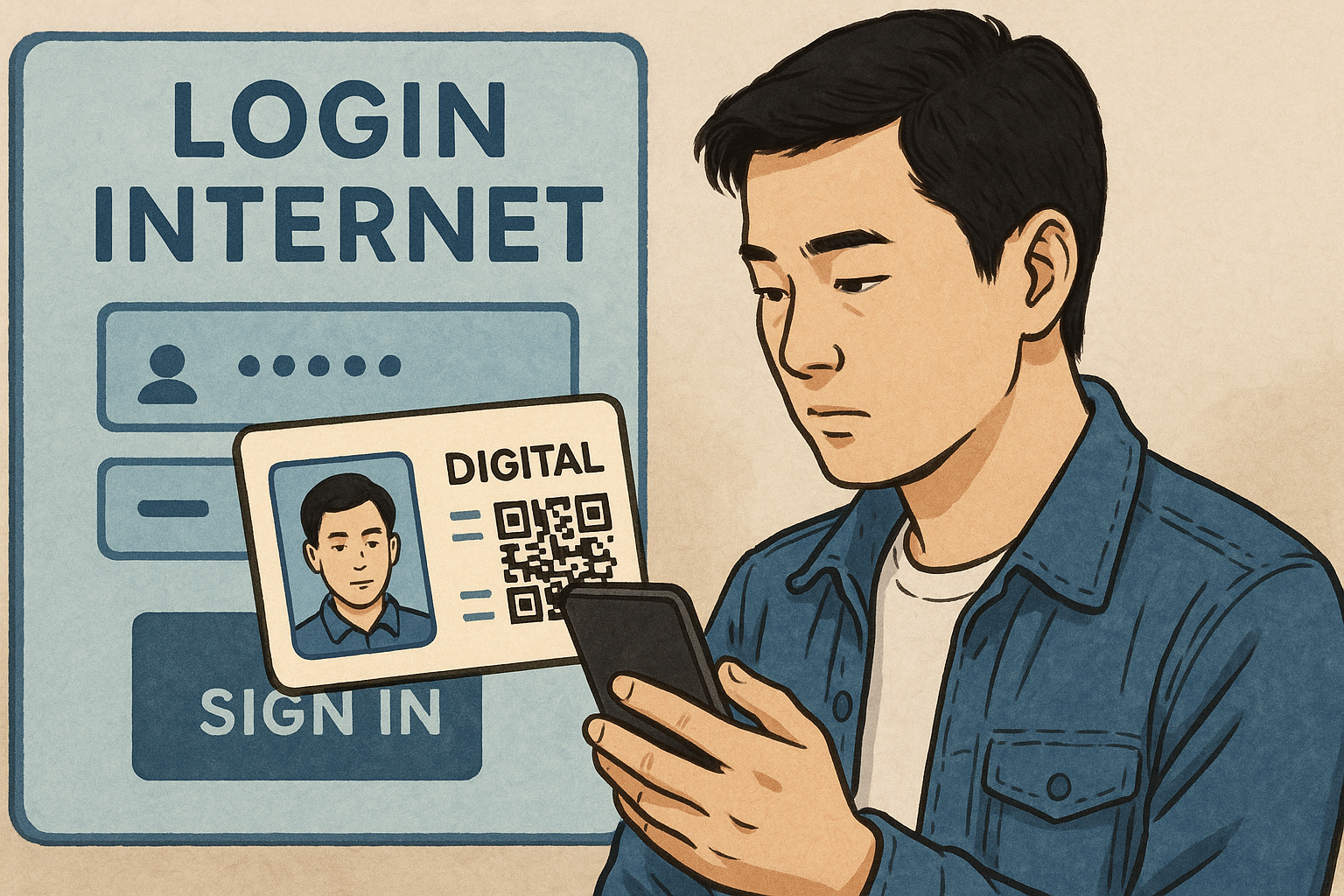China has officially launched digital IDs for logging into the Internet

On July 1, China launched a digital ID card system for use on the Internet. The new mechanism involves users being identified through a government app by submitting police data and a facial scan. In return, they receive a unique digital ID with which they can access websites and apps without revealing personal information to the platforms.
The project is voluntary, but is accompanied by agitation on the part of the authorities and state media under the slogan of “information security”. About 6 million people joined the pilot version within a year.
The system facilitates login to platforms without revealing name and other personal data, passing only a private code. The data remains under the control of the police, not private companies. Platforms can still block users and report violators.
The authorities explain the launch by the need to protect citizens from fraudsters who buy data from intermediaries. However, critics point to the risk of increased surveillance: the state will be able to track everyone’s digital activity. One professor called the system a “trick,” after which his posts were deleted and his account temporarily blocked.
According to The Economist, the initiative reflects Beijing’s move toward centralized data management. Data is seen as a factor of production, and China already operates exchanges where government agencies and companies can trade information ranging from electricity consumption to behavioral patterns.
In addition, the system could help Chinese AI companies train algorithms on high-quality national datasets – especially amid restrictions on access to advanced chips. However, the risk of leaks remains: in 2022, a hack of the Shanghai police database left billions of records in the public domain.




